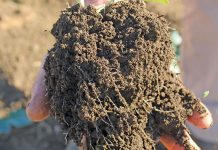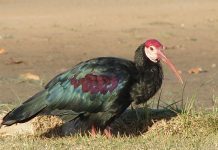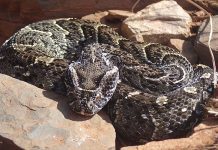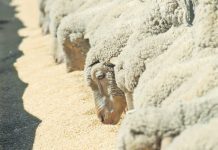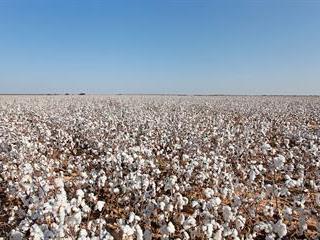
A new treatment for cotton seeds utilises the beneficial microbes that live in plants to produce a cotton plant that flourishes in hot, dry conditions, and is more disease-tolerant than genetically modified cotton seeds.
According to an article in MIT Technology Review, the treatment activates the microbes that stimulate growth and help the cotton plant withstand dry conditions. The microbes, which are similar in function to beneficial bacteria in the human intestine, are found on the surface of the plant and in plant tissue.
David Perry, CEO of Indigo Agriculture, a startup company that uses plant microbiomes to improve crop sustainability, says that the treatment can increase yield at the same rate as irrigation.
Advantages of microbial-enhanced seed
Increases profitability
According to Cotton South Africa’s Koot Louw, this technology could make a significant difference to the profitability of South Africa’s cotton industry by making it possible for farmers to produce consistently, even during times of drought. “The [recent] drought caused the local cotton industry to produce 50% less cotton than in the previous season,” he says.
Currently, local irrigation cotton farmers allocate about R24 000/ ha for inputs for irrigated cotton. "Farmers need new technology to achieve better efficiencies,” he says.
Tolerates harsh conditions
Microbial-enhanced cotton seed could be a viable solution to extreme weather, as it improves the crop’s response under these conditions. “Cotton is much more resistant to drought than other summer crops. If we get access to this technology, it would make cotton even more drought-resistant,” Louw says.
More natural than GMO
Microbial-enhanced crops are described by scientists as a “less controversial” alternative to genetic engineering. According to Scientific American, plants that have been genetically engineered for drought resistance often perform poorly in wetter seasons.
Adapts well
Microbial-enhanced crops can adapt to changing growing conditions. Tyler McClendon, whose company, Oxbow Agriculture, is growing 400ha of the treated cotton, says that Indigo’s focus on isolating specific microorganisms that help plants thrive under stress “makes more sense than the ‘broad-based’, soil-focused approaches other companies are taking”.
Indigo is currently cultivating 20 000ha of microbe-enhanced cotton across five states in the southern US.
Phone Cottan SA on 012 804 1462 or email Koot Louw at [email protected].

